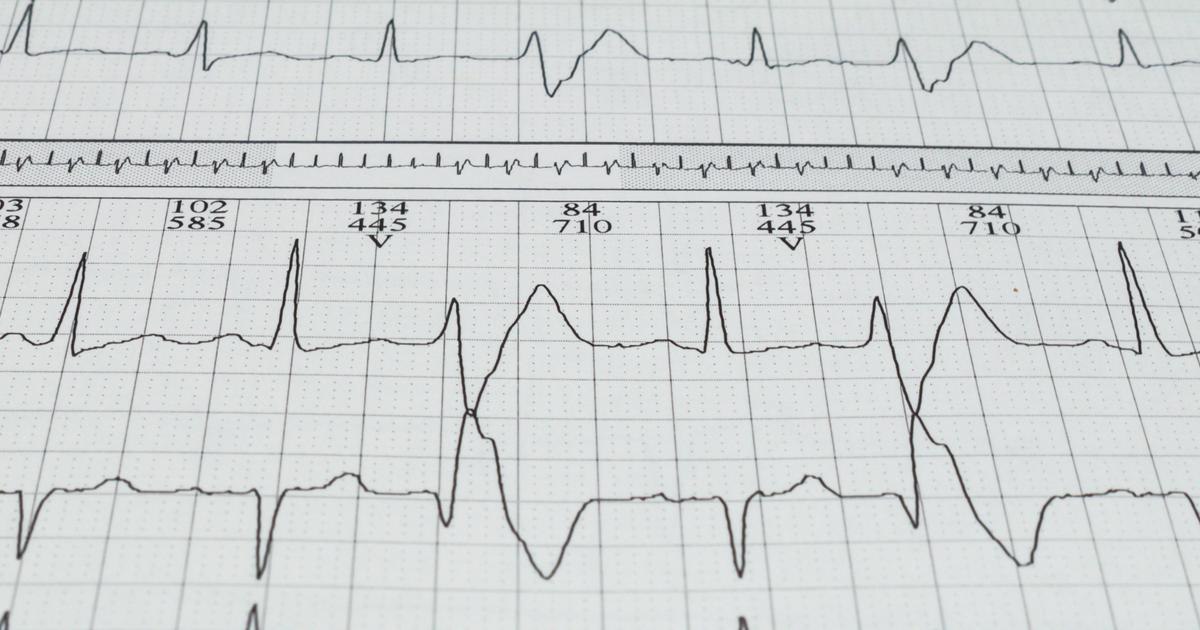Guide To The Risk Factors, Causes, And Complications Of Aortic Stenosis
Chronic Kidney Disease

Reports show that individuals who are dealing with chronic kidney disease are at a much higher risk of developing aortic stenosis. One of the reasons for this is that chronic kidney disease often causes the kidneys to release excessive amounts of renin. Too much of this enzyme will cause an individual's blood pressure to increase significantly. As mentioned previously, high blood pressure puts more pressure on the aortic valves and can eventually cause individuals to develop aortic stenosis. In addition, experts claim that many chronic kidney disease patients also present with aortic valve calcification, which is referring to a buildup of calcium deposits in the aortic valve. This is another trigger for aortic stenosis.
Uncover details on a complication linked to aortic stenosis next.
Arrhythmias

If patients do not receive prompt treatment for aortic stenosis, they may develop various complications. One of the most common, of course, is an arrhythmia. Arrhythmias are heartbeat issues. Specifically, patients with arrhythmias will have hearts that beat too slowly, quickly, or is otherwise irregular. Individuals with aortic stenosis develop this complication because of improper blood flow through their heart. Unfortunately, arrhythmias also trigger other complications in aortic stenosis, including fainting when patients have insufficient blood flow to their brain. Arrhythmias are a particularly severe complication of aortic stenosis. This is because the mortality rate of the aortic stenosis patients with this complication is significantly increased when compared to the rate in patients without this complication.
